Relieve Knee Pain and Stop the Crackling Sound!!
Knee Pain Crackling Sound
Many people may find the cracking sounds coming from their joints unsettling, but it’s important to understand that it is a common occurrence and not necessarily a sign of a serious bone disease. In fact, the cracking sound is often caused by the release of gas bubbles in the synovial fluid surrounding the joints. While it may be alarming, it does not necessarily mean that your bones are weak or that you have a bone disease. However, it is still important to pay attention to any accompanying symptoms or changes in your joints, as persistent pain or swelling could be a sign of a more serious issue. Ultimately, understanding the causes of joint cracking can help alleviate any concerns and provide peace of mind when it comes to the health of your bones.
Why there is a sound in joints
The sound coming from the joints is called crepitus in medical language. Crepitus is the medical name for the sound that comes when normal people move their joints. Tiny air bubbles burst into the fluid that resides within the joints, causing this to happen. The bursting of these bubbles creates this sound. Sometimes muscle tendons or ligaments rubbing outside the joints also produce the sound.
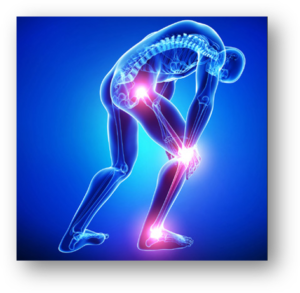
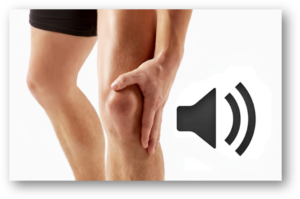
Signs of osteoarthritis
Mild cracking sounds in the joints can be a sign of osteoarthritis. Osteoarthritis is a type of arthritis disease, in which the number of flexible tissues at the ends of the bones decreases. The cartilage present on the knee joints gradually ends. As the damaged knee joint moves, it causes cracking or cracking sounds, which are called knee creaking. These sounds are frequent in the knee and usually do not hurt.
Do not be afraid of the sound coming in the bones of children
If a child or adolescent is making a sound of crackling from the bones and is not experiencing any pain or discomfort in his bones, then there is nothing to worry about. This does not mean that the child’s bones are weak or there is a lack of calcium in his body. The sound of crackling from the bones means that there is more air in his bones. Air bubbles are being formed in the joints of the bones. This is the reason behind a sound of crackling from the bones.
How to get rid of the sound of bones
Fenugreek seeds
If you often have this problem, then as we said, it can be a sign of arthritis or lack of lubricant in the joints of the bones. Therefore, it is very important to get timely relief from this. For this, you can try many home remedies. To get rid of this problem, soak half a teaspoon of fenugreek seeds in water at night and chew the fenugreek seeds in the morning. After that drink that soaked water. After some time, air bubbles between the bones will be eliminated.
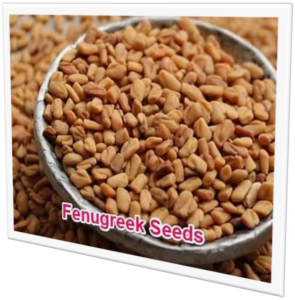
Turmeric milk
Furthermore, as we age, the cartilage between our bones may wear down, leading to increased friction and resulting in those familiar cracking sounds. This can be a source of discomfort and pain for many individuals. In addition to addressing the root cause of joint noise, incorporating turmeric milk into your diet can also help replenish calcium levels, supporting overall bone health and potentially reducing future joint issues.

Jaggery and roasted black gram
In addition to being rich in antioxidants, zinc, and selenium, jaggery and roasted black gram also offer a high protein content that is beneficial for muscle health. By incorporating these nutrient-rich foods into your daily diet, you can enhance the strength of your bones and muscles. Consuming jaggery and roasted black gram on a regular basis can help alleviate weakness in your bones, promoting overall bone health. Therefore, making it a habit to include these foods in your diet can have a positive impact on your overall well-being.

Ginger
In addition to its pain-relieving properties, ginger can also be used in different forms to alleviate knee pain. One popular method is drinking ginger tea, which has been known to effectively reduce pain and inflammation. Another way to use ginger is by grinding it and applying it directly to the knees by wrapping it in a cotton cloth. This method can also help in reducing discomfort and swelling in the affected area. For those suffering from osteoarthritis, incorporating ginger into their daily routine can provide relief due to its active component, gingerol, which is known for its pain-relieving properties. Overall, ginger can be a natural and effective remedy for managing knee pain and improving overall joint health.
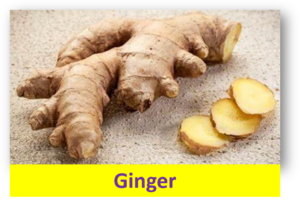
Knee compression
In addition to using hot and cold compresses, incorporating stretching exercises into your routine can also help alleviate knee pain. By gently stretching the muscles around the knees, you can reduce tightness and improve flexibility. This, in turn, can help prevent future pain and discomfort. It’s important to listen to your body and not push yourself too hard when stretching, as overexertion can lead to further injury.

Furthermore, maintaining a healthy weight can also play a role in managing knee pain. Excess weight puts added pressure on the knees, which can exacerbate pain and discomfort. By following a balanced diet and engaging in regular exercise, you can help reduce the strain on your knees and improve overall joint health.
Overall, a combination of hot and cold therapy, stretching exercises, and maintaining a healthy weight can all contribute to managing and reducing knee pain. It’s important to consult with a healthcare professional before starting any new treatment regimen, to ensure it is safe and effective for your specific condition.
What not to eat in knee pain
- Tomatoes should not be consumed because uric acid is found in abundance in it, which can make the pain even more intense.
- Soda should not be drunk because soda contains high amounts of sugar which releases cytokines in the body, which increases the pain even more.
- Egg yolk, meat, fried food, corn, soybean, etc. are rich in omega-6 fatty acids in many diets which promote joint pain. All these should be avoided.
Conclusion
Ignoring knee pain can lead to serious consequences in the long term. In addition to causing disability, it can also indicate underlying issues that require medical attention. Therefore, it is crucial to consult a doctor promptly if you experience persistent knee pain. By addressing the problem early on, you can prevent further complications and ensure proper treatment. Don’t wait until it’s too late to seek help for your knee pain.
You may also like to Read: –
- Eliminate Obesity for Good in 2024
- Weight Lose Herbal Tea: Effective Top 10
- Reduce Breast Cancer Risk! Hina Khan Diagnosed Stage 3!
- Instant Migraine Relief by Home Remedies – Try now!! (khabarbreaking24.com)
- Sports Archives – Recent Update!! (khabarbreaking24.com)
For more google searches click here

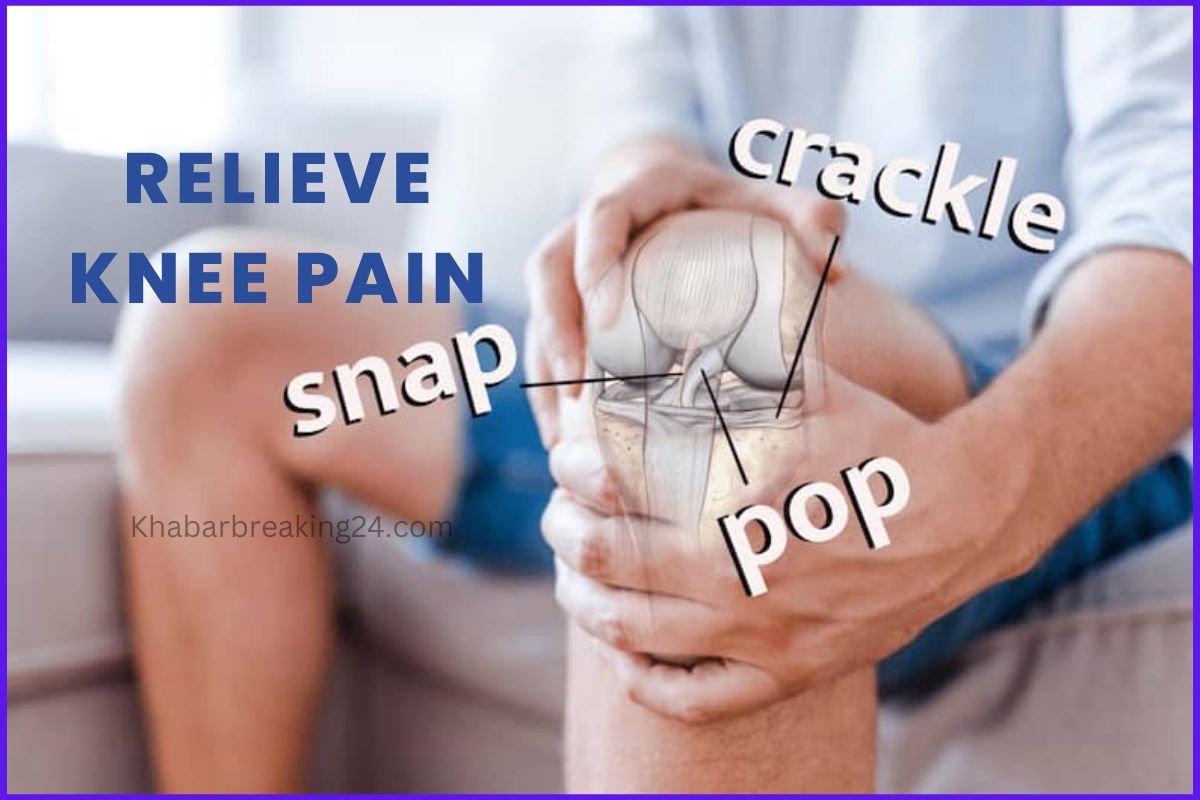






Fantastic beat I would like to apprentice while you amend your web site how could i subscribe for a blog site The account helped me a acceptable deal I had been a little bit acquainted of this your broadcast offered bright clear concept